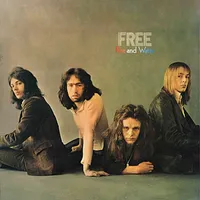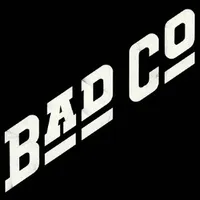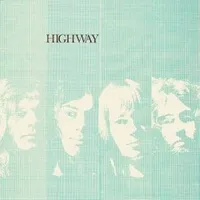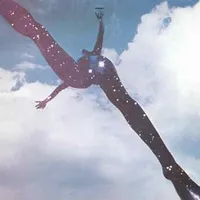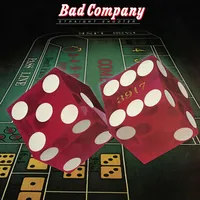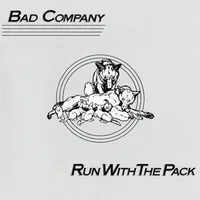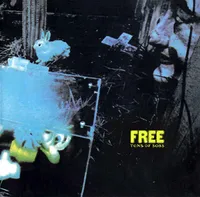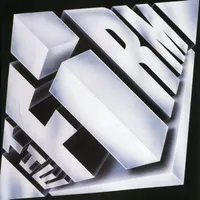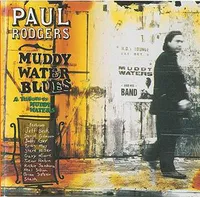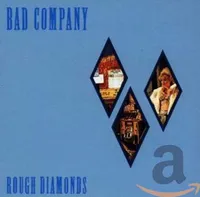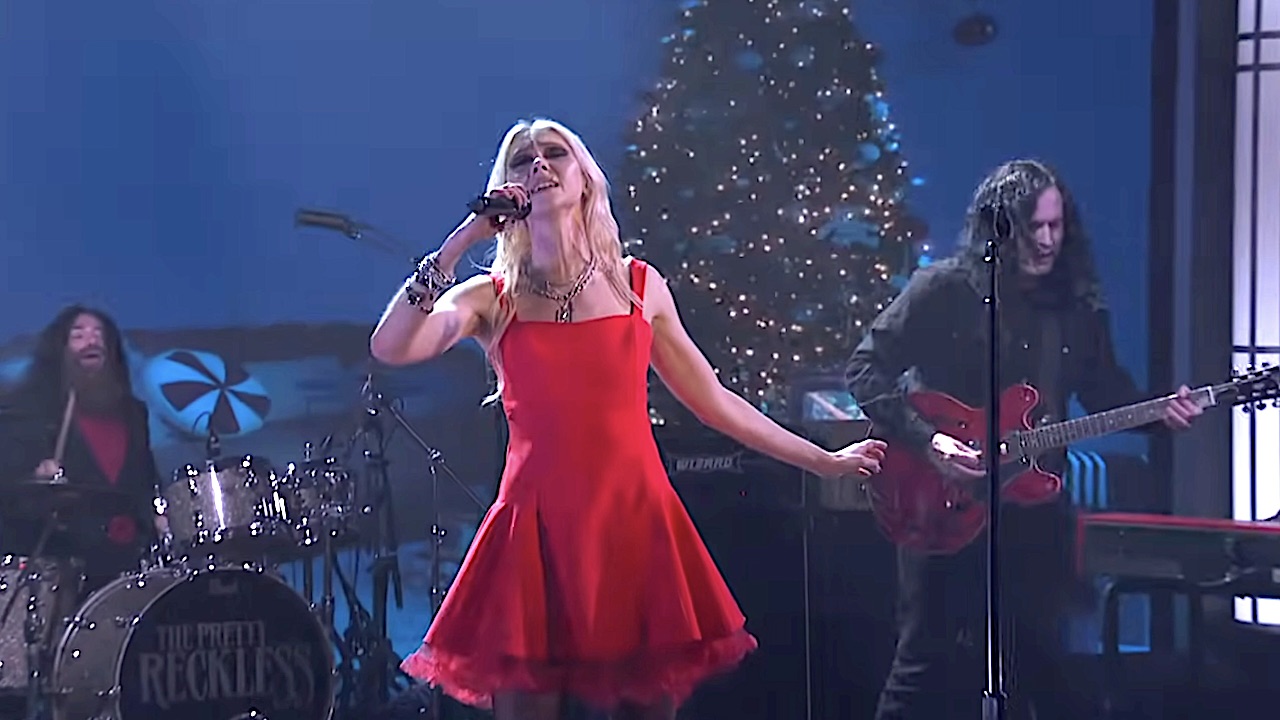"His voice is extraordinary": Nine albums by Paul Rodgers you should listen to... and one you should ignore
From Free to Bad Company and beyond, Paul Rodgers' back catalogue is a gold mine, and these are his best albums
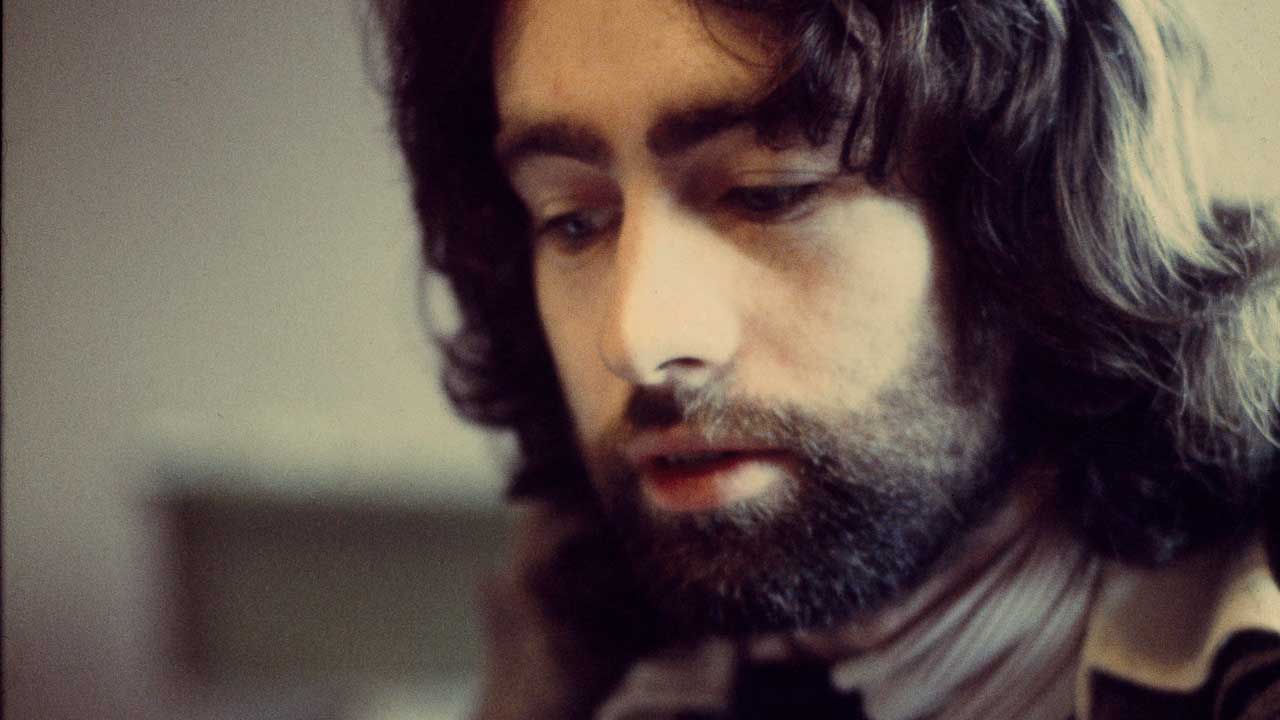
There has never been a better rock singer than Paul Rodgers. There are bigger stars, there are wilder frontmen. But what Paul Rodgers has, more than any other rock singer before or since, is soul.
Ever since he was a raw 18-year-old making his recording debut in 1968 on Free’s first album, Tons Of Sobs, Rodgers’s voice has had a special quality, an emotional depth gleaned from vintage blues and soul music.
According to drummer Simon Kirke, who backed Rodgers in Free and his next group Bad Company, “Paul owed a great deal to Otis Redding”. Moreover, Rodgers, a tough, working-class lad from Middlesbrough, had plenty of rock’n’roll bravado. “His voice has power and presence,” Kirke added. He was – and still is – unique.”
With Free, Rodgers was at the forefront of the British blues rock revolution, and with Bad Company, one of the first supergroups, his swagger was symbolic of the golden era of 70s rock. Since splitting from Bad Co. in 1982, Rodgers’ diverse career has seen him involved in various projects with many other rock heavyweights.
In the mid-80s he formed his second supergroup, The Firm, with Led Zeppelin’s Jimmy Page, and in the early 90s he teamed up with drummer Kenney Jones (ex-Small Faces and The Who) in short-lived venture The Law. He has also released several acclaimed solo albums, including Muddy Water Blues: A Tribute To Muddy Waters, which was nominated for a Grammy in 1993.
In a surprise move, Rodgers re-formed Bad Company in 1999, recording new material (included on The Original Bad Co. Anthology) and touring the US. But an even bigger surprise followed – the biggest of Rodgers’s 40-year career – when, in 2005, he joined with Brian May and Roger Taylor (but not John Deacon) to tour as Queen + Paul Rodgers. It seemed odd, to say the least: Rodgers, a macho figure and renowned brawler, stepping into the shoes of rock’s greatest gay icon. But as Roger Taylor stated simply: “Paul’s voice is extraordinary."
And it’s clear that Paul Rodgers isn’t finished yet. He continued to return to the Bad Company trail until 2023, when he released Midnight Rose, his first album of original material in more than two decades.

Free - Fire And Water (Island, 1970)
One very simple song was all it took to take a struggling band into the big league. After a disastrous gig in Durham, Free decided to toughen up their act. And right there in the dressing room, in just 10 minutes, 17- year-old bassist Andy Fraser wrote All Right Now, the riff-driven anthem that hit No.2 in the UK chart in June 1970 and which would ultimately achieve iconic status, defining both the band and their singer.
Its parent album, Fire And Water, is Free’s masterpiece, full of taut, blues-inflected hard rock. The band locked into a hypnotic groove, and Rodgers rolled with it, exuding effortless cool. No other rock band has ever sounded this funky.
Bad Company - Bad Company (Swan Song, 1974)
Guided by rock’s most powerful manager, Led Zeppelin’s Peter Grant, Bad Company achieved instant success. Their debut album topped the US chart and remains their definitive work. Recorded in two weeks at Zep’s Headley Grange HQ, Bad Company was full of great songs.
Two had been written by guitarist Mick Ralphs for Mott The Hoople: Ready For Love, a soulful blues recorded by Mott in ’72, and Can’t Get Enough, a slinky boogie that Mott rejected but Bad Co. developed into a rock classic. The acoustic Seagull features one of Rodgers’s finest performances, and Bad Company is a dark, outlaw’s tale that inspired Bon Jovi’s Wanted Dead Or Alive.
Free’s fourth album, the followup to the breakthrough hit Fire And Water, was a commercial disaster. Highway stalled at 41 on the UK chart, and, humiliated, Free disbanded four months later. “We thought, foolishly, that we should break up because no one loves us any more,” said Simon Kirke. But they re-formed in 1972, and over time Highway has gained in stature.
With a laidback, pastoral feel – influenced by The Band’s Music From Big Pink, comparable to Island labelmates Traffic – and a heavy air of melancholy building from Be My Friend to the closing Soon I Will Be Gone, it’s the most introspective music that Free and Rodgers ever made.
Island, 1969 Free’s debut Tons Of Sobs was a powerful statement, but on this eponymous second album the band expanded their range and improved on their song craft. Behind the scenes there was tension: with Rodgers and Andy Fraser now firmly established as the group’s principal songwriters, guitarist Paul Kossoff resented their instruction to tone down his wailing blues style to fit with the subtler moods of the new songs.
But the approach worked beautifully, from the funky swing of I’ll Be Creepin’ to the blissful, jazz-inspired Lying In The Sunshine and on to the elegiac Mourning Sad Morning. Sales were no better than the first but Free had grown up fast.
Bad Company - Straight Shooter (Swan Song, 1975)
Bad Co.’s second album was almost as good and as popular as their first. Another unusual location was used for the recording: Clearwell Castle in Gloucestershire, a place Rodgers laughingly described as “haunted”. After six months’ touring, the band’s sound had toughened up, evident in the punchy riffs of Good Lovin’ Gone Bad and Deal With The Preacher.
But two mellower songs shone brightest: the lilting Feel Like Makin’ Love hit the US Top 10 and became the band’s best-loved song, and Shooting Star, Rodgers’s meditation on the dangers of rock stardom, informed by the premature deaths of Jimi Hendrix and Jim Morrison.
Bad Company - Run With The Pack (Swan Song, 1976)
Although it was their first platinum-certified record in the US, Bad Co.’s third album is also their most underrated. Run With The Pack has a lighter feel than Straight Shooter, but it’s a more rounded and ambitious work, its adventurous spirit embodied by Rodgers’s title track, a piano-led rocker with a grandiose orchestral coda.
Rodgers also contributed three beautiful ballads: Silver, Blue & Gold, Love Me Somebody and Do Right By Your Woman, the latter originally recorded live around a campfire – but canned because the fire crackled too loudly. Mick Ralphs provided the thumping Live For The Music. A cover of The Coasters’ Young Blood was a minor US hit
Free - Tons Of Sobs (Island, 1968)
Free’s first album cost a mere £800 to record, a pittance even in the 60s. But the small budget worked in their favour. Free weren’t trying to create the next Sgt. Pepper, they were just a young band replicating their early live set. And with madcap producer Guy Stevens acting as cheerleader, Free delivered an electrifying performance.
A heavy blues influence was evident, both in original songs such as Moonshine, a spooky dirge, and in a cover of The Hunter, the old standard that would also feature on Led Zeppelin’s debut (incorporated into How Many More Times). And on I’m A Mover, Rodgers sounded like the baddest motherfucker on the planet.
The Firm - The Firm (Atlantic, 1985)
In the 70s Led Zeppelin and Bad Company enjoyed what Rodgers describes as “a real rapport”. Thus when Rodgers and Jimmy Page were both at a loose end in the mid-80s they got together with bassist Tony Franklin (later of Blue Murder) and drummer Chris Slade (later of AC/DC) as The Firm.
Their debut has aged well despite its 80s-spec fretless bass and parping horns. Adapting to a new era, Page’s performance is tasteful, even subdued. Rodgers sings beautifully on Together and coolly handles the modernist lead single Radioactive. Midnight Moonlight, developed from unreleased Zep track The Swan Song, makes an epic finalé.
Paul Rodgers: Muddy Water Blues: A Tribute To Muddy Waters (Victory, 1993)
Rodgers released his first solo album, Cut Loose, in 1983, immediately after leaving Bad Company. It was a decent record but it stiffed. Ten years later came this second solo set, a homage to one of his blues heroes, recorded with an all-star cast of guitarists including Jeff Beck, Slash, Gary Moore, Brian May and Richie Sambora.
Outshining them all was David Gilmour, playing with typical elegance on Standing Around Crying. Yet even this was eclipsed by Rodgers’s own bespoke Muddy Water Blues, featuring genuine blues legend Buddy Guy.
...and one to avoid
You can trust Louder
Bad Company - Rough Diamonds (Swan Song, 1982)
The last album recorded by the original Bad Company line-up was also the worst, and the lowest seller, stalling at No.26 in the US and 15 in the UK.
Rough Diamonds isn’t a complete disaster: the opening track, Rodgers’ moody Electricland, has the groove of classic Bad Co, and Untie The Knot is a funky Doobie Brothers pastiche. But in the early 80s, it all sounded hopelessly dated, not helped by a weedy production by Max Norman (Ozzy Osbourne, Y&T). Soon after the album was released in the summer of 1982, Rodgers quit Bad Company to work on his solo album Cut Loose.
Sign up below to get the latest from Classic Rock, plus exclusive special offers, direct to your inbox!
Freelance writer for Classic Rock since 2005, Paul Elliott has worked for leading music titles since 1985, including Sounds, Kerrang!, MOJO and Q. He is the author of several books including the first biography of Guns N’ Roses and the autobiography of bodyguard-to-the-stars Danny Francis. He has written liner notes for classic album reissues by artists such as Def Leppard, Thin Lizzy and Kiss, and currently works as content editor for Total Guitar. He lives in Bath - of which David Coverdale recently said: “How very Roman of you!”
